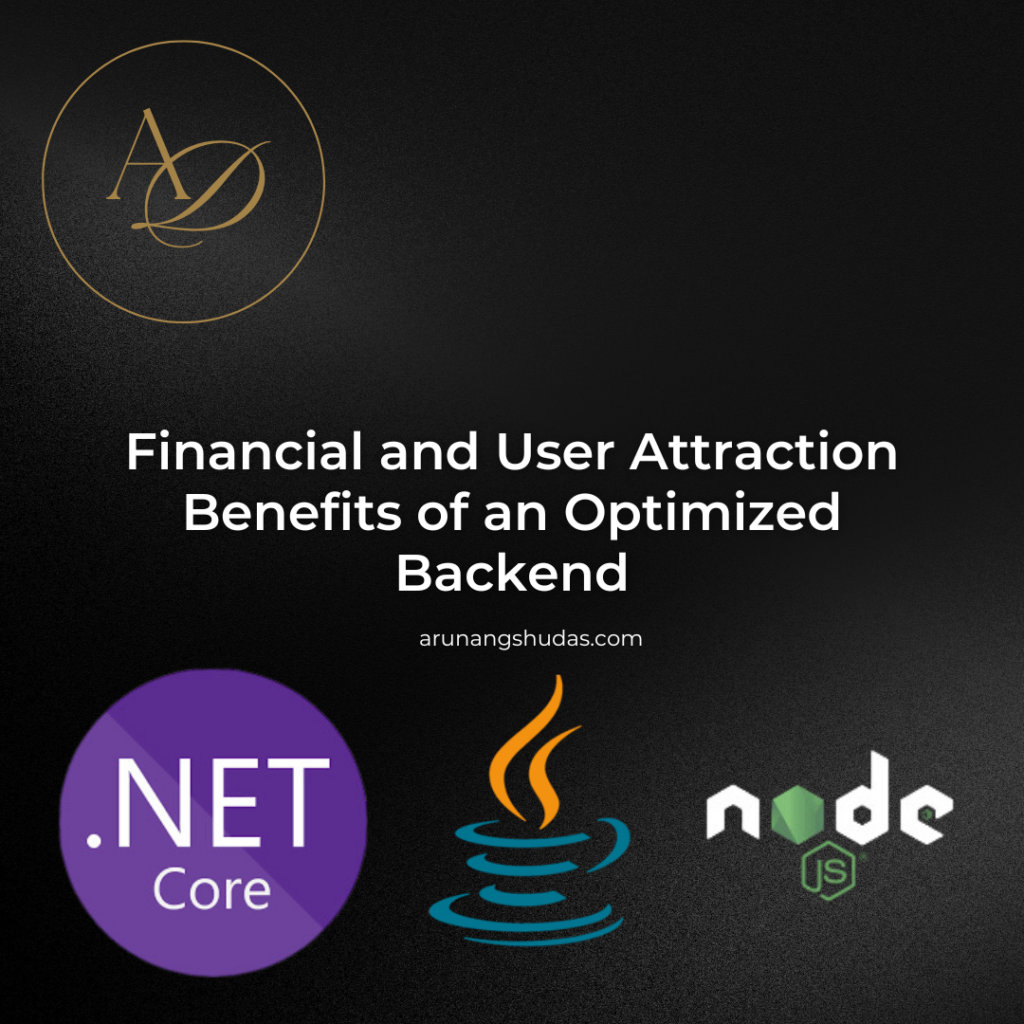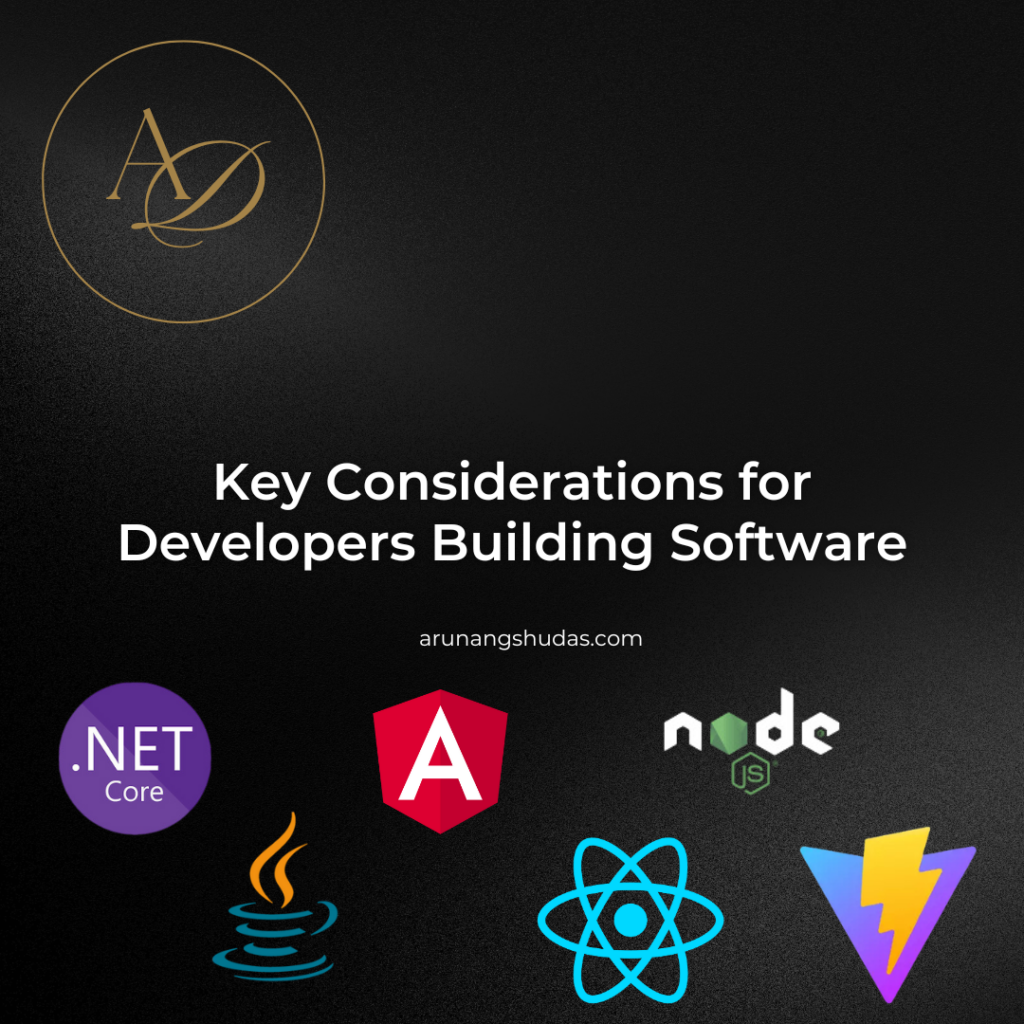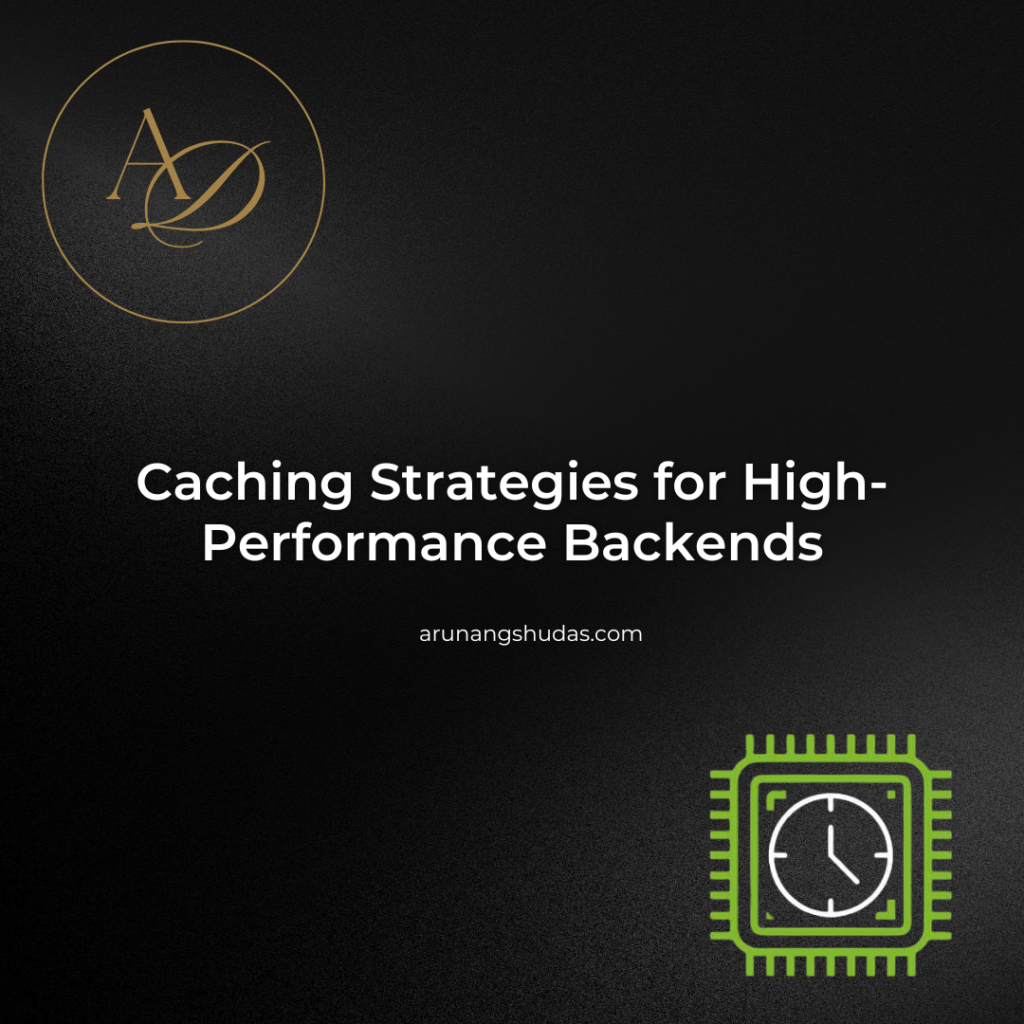When it comes to databases, one of the biggest debates in the tech world revolves around SQL vs. NoSQL. Both have their strengths, and the right choice depends on the specific needs of your project.
Table of Contents
ToggleSQL databases, also known as relational databases, have been around for decades and are great for structured data and complex queries. On the other hand, NoSQL databases (which include document stores, key-value stores, column-family stores, and graph databases) are designed to handle unstructured or semi-structured data with high scalability.
So, when should you use SQL, and when should you use NoSQL?
Use Cases for SQL Databases
SQL databases are ideal for applications that require structured data, consistency, and complex queries. Here are five scenarios where SQL is the best choice:
1. Financial and Banking Systems
Banks and financial institutions deal with highly structured data that must be accurate, consistent, and secure. Any discrepancy can lead to huge losses, so ACID (Atomicity, Consistency, Isolation, Durability) compliance is crucial.
Example: A banking system needs to ensure that a transaction, such as transferring money from one account to another, happens entirely or not at all. If a transfer fails midway, SQL databases ensure data integrity by rolling back the incomplete transaction.
Best SQL Databases for this use case: PostgreSQL, MySQL, Oracle, SQL Server
2. Customer Relationship Management (CRM) Systems
CRM software (such as Salesforce) stores customer interactions, sales records, and support tickets in structured tables. These records need complex queries and relationships, such as retrieving all interactions of a customer with multiple departments.
Example: A sales manager wants to pull a report of all customers who made a purchase in the last 6 months but haven’t been contacted yet. With SQL’s JOIN and WHERE clauses, such queries are quick and efficient.
Best SQL Databases for this use case: PostgreSQL, MySQL, SQL Server
3. E-commerce Platforms for Transactions and Inventory
E-commerce websites handle order transactions, payments, inventory management, and customer data, all of which require strict consistency.
Example: Imagine a situation where two customers place an order for the last available item at the same time. An SQL database with locking mechanisms ensures that only one order goes through, preventing overselling.
Best SQL Databases for this use case: MySQL, PostgreSQL, Oracle
4. Enterprise Resource Planning (ERP) Systems
ERP systems integrate various departments like HR, finance, procurement, and logistics. These require structured data and complex reporting.
Example: A company’s ERP system needs to generate a monthly payroll report by aggregating attendance data, bonuses, and tax deductions—tasks well-suited for SQL’s aggregation functions.
Best SQL Databases for this use case: Oracle, SQL Server, PostgreSQL
5. Healthcare Management Systems
Healthcare applications require strict data integrity, relationships, and compliance (HIPAA, GDPR, etc.). SQL databases ensure patient records remain consistent and traceable.
Example: A hospital uses an SQL database to store patient medical records, prescriptions, and doctor appointments, ensuring that records don’t get duplicated or lost.
Best SQL Databases for this use case: PostgreSQL, MySQL, SQL Server
Use Cases for NoSQL Databases
NoSQL databases are designed for applications that require high scalability, flexibility, and handling of unstructured data. Here are five scenarios where NoSQL is the better choice:
6. Real-Time Big Data Analytics
When dealing with massive amounts of real-time data, NoSQL databases (especially column-family and key-value stores) outperform SQL databases due to their high-speed write operations.
Example: Social media platforms like Facebook or Twitter analyze millions of posts, comments, and likes per second. NoSQL databases handle this scale efficiently without performance bottlenecks.
Best NoSQL Databases for this use case: Apache Cassandra, Amazon DynamoDB
7. Content Management Systems (CMS) and Blogs
CMS platforms like WordPress, Drupal, and Ghost need flexible data storage because articles, images, and metadata vary widely in structure. NoSQL allows developers to store unstructured and semi-structured content easily.
Example: A blog post may have different fields like title, author, tags, images, and embedded videos, but not every post contains all these fields. A document-based NoSQL database like MongoDB allows flexible storage without predefined schemas.
Best NoSQL Databases for this use case: MongoDB, CouchDB
8. Internet of Things (IoT) Applications
IoT applications generate huge volumes of sensor data that need to be processed in real-time. NoSQL databases are designed for high write-speed and scalability.
Example: A smart home system collects temperature, humidity, and motion data from thousands of sensors. NoSQL databases allow fast, schema-less writes to store this constantly changing data.
Best NoSQL Databases for this use case: Apache Cassandra, InfluxDB
9. Personalization and Recommendation Engines
Personalization engines need to analyze user behavior and preferences in real time to provide tailored recommendations. Graph databases (a type of NoSQL) are particularly useful here.
Example: Netflix and Spotify use graph databases to store user preferences and relationships between content to make recommendations based on past behavior.
Best NoSQL Databases for this use case: Neo4j, Amazon Neptune
10. Scalable Gaming Applications
Online multiplayer games generate millions of concurrent transactions, including player profiles, leaderboards, in-game purchases, and real-time actions. NoSQL databases provide high-speed performance and scalability.
Example: A battle royale game with millions of players online simultaneously needs a database that can handle high traffic while keeping response times low. NoSQL databases excel at handling real-time game state updates.
Best NoSQL Databases for this use case: Amazon DynamoDB, Redis
Conclusion: SQL or NoSQL? It Depends!
Both SQL and NoSQL databases have their strengths.
| Feature | SQL | NoSQL |
|---|---|---|
| Data Structure | Structured | Unstructured / Semi-structured |
| Scalability | Vertical | Horizontal |
| Use Case | Transactions, Finance, ERP, Healthcare | Big Data, Real-Time Analytics, Personalization, IoT |
| Querying | Complex Queries (JOINs, Aggregations) | Fast Reads/Writes, Flexible Data Models |
| ACID Compliance | Strong | Eventual Consistency |
Choosing the right database depends on your project’s needs. If you need data integrity, structured queries, and consistency, go with SQL. If you require scalability, flexibility, and fast real-time processing, opt for NoSQL.
You may also like:
1) 5 Common Mistakes in Backend Optimization
2) 7 Tips for Boosting Your API Performance
3) How to Identify Bottlenecks in Your Backend
4) 8 Tools for Developing Scalable Backend Solutions
5) 5 Key Components of a Scalable Backend System
6) 6 Common Mistakes in Backend Architecture Design
7) 7 Essential Tips for Scalable Backend Architecture
8) Token-Based Authentication: Choosing Between JWT and Paseto for Modern Applications
9) API Rate Limiting and Abuse Prevention Strategies in Node.js for High-Traffic APIs
10) Can You Answer This Senior-Level JavaScript Promise Interview Question?
11) 5 Reasons JWT May Not Be the Best Choice
12) 7 Productivity Hacks I Stole From a Principal Software Engineer
13) 7 Common Mistakes in package.json Configuration
Read more blogs from Here
Share your experiences in the comments, and let’s discuss how to tackle them!
Follow me on Linkedin








